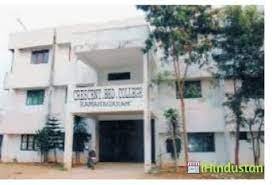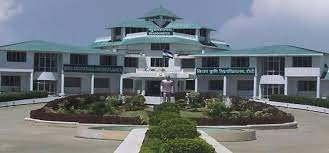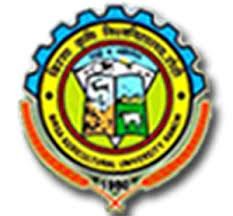Graduates of the Diploma in Aquaculture have various career opportunities in the field of aquaculture and fisheries. They can work as aquaculture farm managers, fisheries technicians, research assistants, or pursue further studies in related disciplines. The program equips them with the knowledge
Future Scope & Benefits for Diploma in Aquaculture Course
Aquaculture, the farming of aquatic organisms such as fish, shrimp, and molluscs, has emerged as a vital industry addressing global food security and economic development. A Diploma in Aquaculture provides students with the knowledge and practical skills required to excel in this dynamic field. In this article, we will explore the future scope and benefits of pursuing a Diploma in Aquaculture. A Diploma in Aquaculture is typically a one to two-year program that focuses on the principles and practices of aquaculture. Students learn about aquatic species, breeding techniques, water quality management, disease control, and sustainable aquaculture practices. The program includes both theoretical knowledge and hands-on training, preparing students for careers in aquaculture operations and management.
Future Scope of Diploma in Aquaculture
The future scope of a Diploma in Aquaculture is promising, as the demand for sustainably produced seafood continues to rise. Here are key areas where individuals with this diploma can find significant career opportunities.
-
Fish Farm Management: Graduates can work as farm managers, overseeing the day-to-day operations of fish farms, including feeding, water quality management, and disease control.
-
Hatchery Management: Aquaculture hatcheries play a crucial role in producing high-quality juvenile fish and shrimp. Diploma holders can manage hatchery facilities and breeding programs.
-
Aquatic Health Management: The health of aquatic species is vital in aquaculture. Graduates can work as aquatic health technicians, monitoring and ensuring the well-being of the farmed organisms.
-
Feed Management: Aquaculture relies on specialized feeds. Professionals in feed management can work for feed companies, optimizing feed formulations for different species.
-
Aquaculture Research: Graduates can engage in aquaculture research, focusing on improving breeding techniques, disease resistance, and sustainable practices.
-
Aquaponics and Integrated Farming: The integration of aquaculture with agriculture (aquaponics) is an emerging trend. Diploma holders can work in integrated farming systems.
-
Government and Regulatory Agencies: Aquaculture is subject to regulations and standards. Graduates can work for government agencies responsible for aquaculture management and environmental protection.
-
Consulting: Aquaculture consultants provide expertise to fish farms, helping them optimize production, address challenges, and implement best practices.
-
Aquatic Environmental Monitoring: Environmental scientists in aquaculture monitor water quality, assess environmental impact, and implement sustainable practices.
-
Entrepreneurship: Some individuals may choose to start their own aquaculture businesses, focusing on niche markets or innovative aquaculture technologies.
Benefits of Pursuing a Diploma in Aquaculture
Pursuing a Diploma in Aquaculture offers several advantages, making it an appealing choice for individuals interested in the field of aquaculture. Here are some of the key benefits.
-
High Demand for Expertise: The aquaculture industry is growing rapidly to meet the global demand for seafood, resulting in a continuous need for skilled professionals.
-
Hands-on Experience: The diploma program typically includes practical training, allowing students to gain valuable hands-on experience in aquaculture practices.
-
Sustainable Food Production: Graduates contribute to sustainable food production by addressing the growing global demand for seafood while minimizing the environmental impact.
-
Diverse Career Opportunities: Aquaculture offers a wide range of career opportunities, allowing graduates to explore various sectors within the industry.
-
Global Relevance: Aquaculture practices are globally applicable, making this diploma relevant in different countries and regions.
-
Environmental Stewardship: Professionals in aquaculture often play a role in conservation efforts, biodiversity protection, and responsible resource management.
-
Innovation and Research: Aquaculture is a dynamic field with ongoing research and innovation, offering opportunities for continuous learning and advancement.
-
Personal Fulfillment: Working in aquaculture can be personally fulfilling, as it involves contributing to food security and environmental sustainability.
 1 Years
1 Years
 Diploma
Diploma
 Science
Science
 Full Time
Full Time





 back
back

